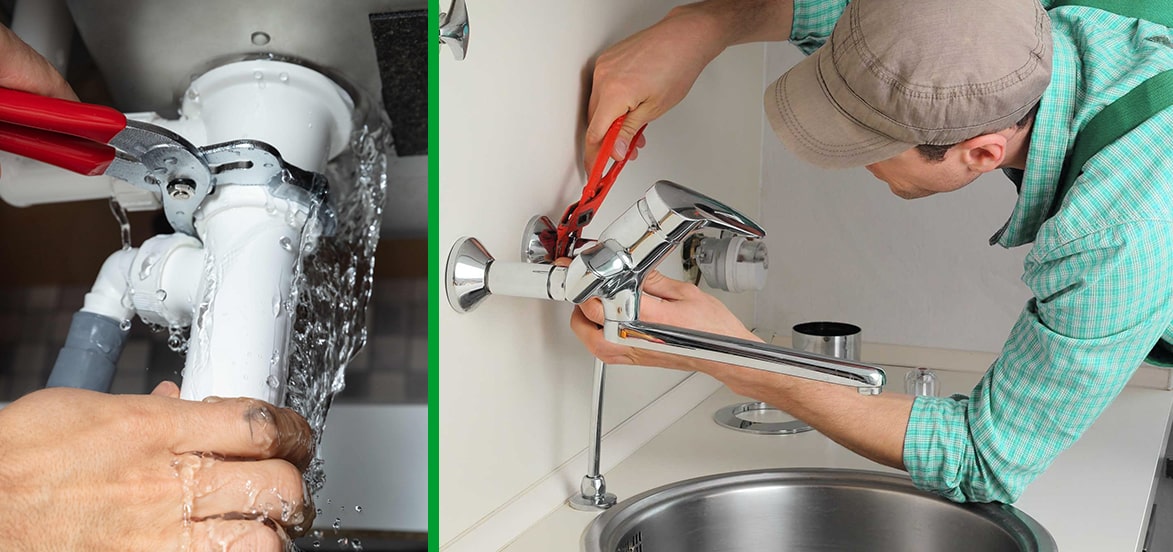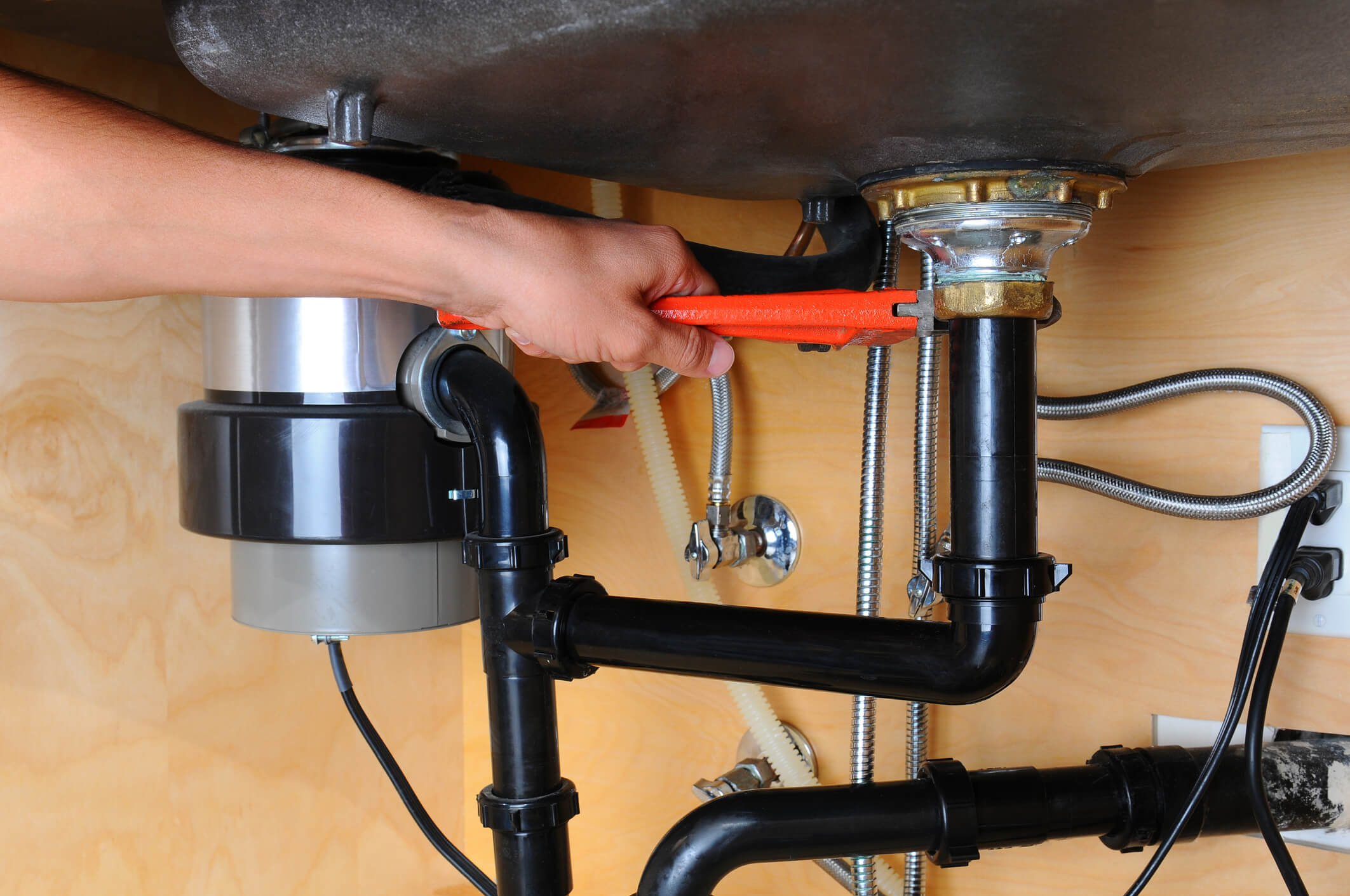Six Important Habits You Must Avoid For The Plumbing Appliances
Six Important Habits You Must Avoid For The Plumbing Appliances
Blog Article
Just how do you feel in regards to Ways to Make Your Pipes Last Longer?

The trick to durable home appliances, unsurprisingly, is proper upkeep. There's no set regulation that can guarantee your plumbing home appliances a lengthy wear, yet you can stop unneeded damages and repair work by staying clear of negative plumbing habits.
You ought to quit doing these 6 points else you'll keep calling your plumber over for minor faults.
Flushing everything
Yes, your commode drain leads to the sewage systems, yet that does not imply you should dump just anything away. Numerous 'flushable' materials are in fact great obstruction beginners, for instance dental floss. Asides maintaining obvious non-flushable products like wires as well as plastics out of your toilet, you need to additionally prevent flushing cotton swab, menstruation products, wipes, daipers as well as condoms down the toilet drainpipe.
DIYing everything
With plumbing, a stitch in time actually does conserve 9. You can stop a fullblown plumbing emergency by calling your plumber at the correct time.
You might have learnt a couple of plumbing hacks from your daddy, yet you should certainly recognize where to draw the line as well as call a specialist. For instance, you might be able to take care of an obstruction yourself, however you shouldn't try to transform a pipe. You could mismatch pipes or overtighten a bolt, creating more injury as well as damage than you believed. Calling a plumber is a safe and economical decision.
Using excessive drainpipe cleaner
Making use of a drainpipe cleaner more than once or twice a month is an indication that something major is going on within your pipes. Currently, rather than facing the major problem, you opt for a quick fix; a fizzy drain cleaner. Rightfully, a drainpipe cleaner will take care of the clog, however at what price?
The chemicals in a drain cleaner can hasten the rust of your pipes. Add that to whatever underlying issue is triggering the obstruction and you may have to a significant problem on your hands.
If you experience too many blockages, call your emergency plumber instead of using a drainpipe cleaner.
Pouring grease in the sink
We know correctly getting rid of grease after a hearty meal is a discomfort. Yet just putting it down the drain can do lasting harm to your pipelines. "The fat and also grease can block your drainpipe badly enough to compel you to call a plumber," discusses Dawson. "Plumbing functions best when it's well looked after-- not abused with grease."
Not transforming your dishwasher tubes
One very easy means to ensure that you utilize your dishwasher for several years is to change the hose pipe a minimum of when in 5 years. This likewise obtains cleaning device tubes.
Over time, food bits, soap and oil can create clogs within your pipelines. Replacing them on time will certainly prevent any presure accumulate that can damage the internal operations of your dishwasher or washing machine.
A strengthened steel entwined hose pipe does a terrific work of lengthening your maker's usage time.
No wintertime preventative measures
Severe weather are bad for your pipelines, specifically if they're constructed from steel. You need to protect your exposed pipes, and your water container, even if you have a hot water heater. You should likewise turn off your yard tube shutoff as well as any other outside water channels. These channels are electrical outlets for chilly; you pipes can start to ice up from outside if you do not.
Ways That Hard Water Affects Your Plumbing And Appliances
CLOGGED DRAINS
Calcium and magnesium from hard water go beyond the drain screen that you clean. Each time water passes through the drain screen, the minerals attach to the sides of the pipes and other hard water deposits. As you continue to use the drain, more of the minerals attach to these deposits, eventually clogging the drain. Most drain cleaners remove only a small amount of the minerals, so the drain continues to run slow and back up water in your sinks, tubs, and showers.
DECREASED WATER FLOW
Do you have a faucet that runs slow even when you increase the water flow at the valve? Hard water deposits not only affect how water runs out of your home but also how water is delivered to your faucets. When calcium, magnesium, and minerals build up in pipes, it slows the flow of water and also builds up pressure inside the pipes that causes a backflow of water.
CORROSION
Calcium and magnesium have properties that are destructive to certain types of metal, many of which are used for plumbing in older homes. The minerals slowly break down the metal in your pipes. This can cause leaks, breaks, and even discolored water. If the corrosive section of the pipe is not repaired and the hard water deposits removed, entire sections of your plumbing may disintegrate. You may end up replacing a large portion of your plumbing system. Corrosion can happen on any metal surface, not just your pipes. Calcium and magnesium can also cause corrosion on your faucets, drains, valves, appliances, and fixtures.
REDUCED WATER QUALITY
You rely on your plumbing system to deliver clean water for cooking, washing your clothes, bathing, and many other daily tasks. Hard water has small particles of minerals in it. The water is safe to drink, but it is not ideal for your appliances. The minerals interfere with how soaps and detergents work to remove dirt, food, oils, and other substances. As a result, you must use more cleaning products, and your appliances have to work harder to clean dishes and clothes.
BROKEN PIPES AND LEAKS
Broken pipes and leaks from hard water happen in two ways. First, hard water is corrosive to the materials that are used in older homes. Eventually, minerals eat through the pipe and create a small opening in the side of the pipe. The opening grows larger and larger until you have a major leak on your hands. Second, the mineral deposits inside the pipes prevent water from flowing through efficiently. If the water is pushed through the plumbing at the same volume, pressure builds up, and eventually, the pipes and connections fail.
ENERGY EFFICIENCY
Hard water and mineral deposits in your plumbing affect the energy efficiency of your appliances, even the older models that do not meet modern standards. When you find a white residue on your dishes or your clothes don’t feel clean, you may find yourself running the wash cycle a second time. This requires more energy use and raises your utility bills. Some newer high-efficiency models of dishwashers and washing machines have sensors that detect when items are clean. Hard water deposits on the dishes or clothes will trigger the sensors and cause the appliance to run longer.
Another way that hard water affects your budget is the investment you make in products for hard water deposits. Rather than spending your money on higher utility costs and household products, invest in a water softening system from Beyer Plumbing Co. to prevent the problems of hard water.
WEAR AND TEAR
Hard water deposits build up on the connections, drains, and jets in your washer or dishwasher that circulate the water and clean your clothes and dishes. As a result, water may collect inside your appliances, creating the ideal environment for corrosion, mold, and other damaging substances. The components break down sooner, and your appliances may not last as long as expected. In some cases, the lifetime of an appliance may be reduced by three or four years simply due to hard water deposits. Using soft water in your appliances ensures that you get the maximum return on your investment.
https://beyerplumbing.com/9-ways-that-hard-water-affects-your-plumbing-and-appliances/

I recently found that blog entry on Don’t Let an Earthquake Damage Your Plumbing while doing a lookup on the web. Remember to take the opportunity to promote this content if you enjoyed reading it. Thank you for your time. Come back soon.
Set Up An Appointment Report this page